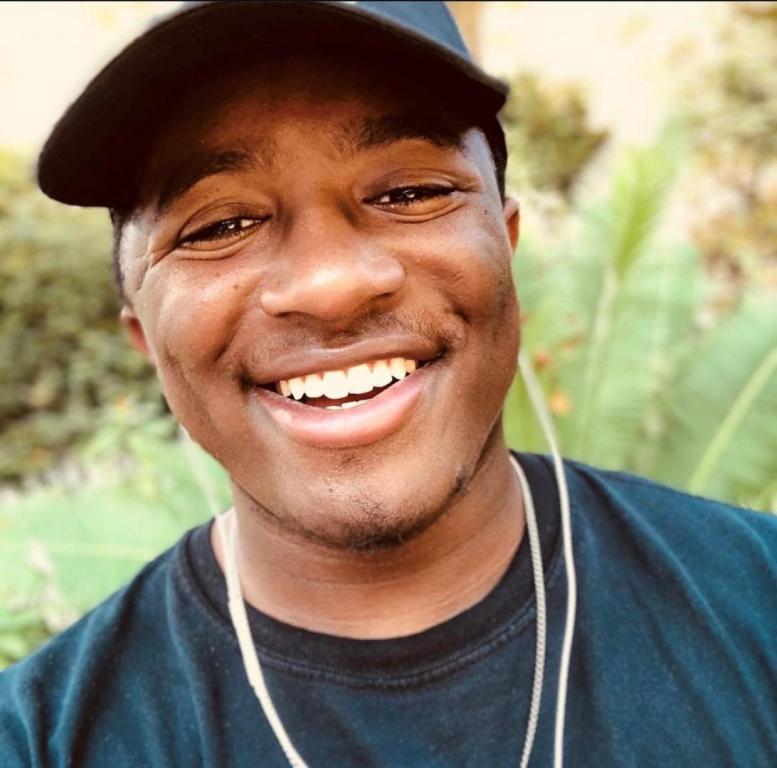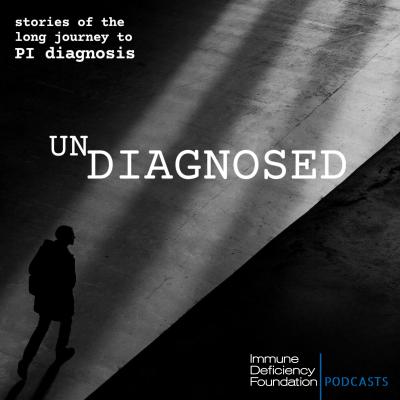
-
Understanding primary immunodeficiency (PI)

Understanding PI
The more you understand about primary immunodeficiency (PI), the better you can live with the disease or support others in your life with PI. Learn more about PI, including the various diagnoses and treatment options.
-
Living with PI
-
Addressing mental health
-
Explaining your diagnosis
- General care
- Get support
- For parents and guardians
-
Managing workplace issues
- Navigating insurance
-
Traveling safely

Living with PI
Living with primary immunodeficiency (PI) can be challenging, but you’re not alone—many people with PI lead full and active lives. With the right support and resources, you can, too.
-
Addressing mental health
-
Get involved

Get involved
Be a hero for those with PI. Change lives by promoting primary immunodeficiency (PI) awareness and taking action in your community through advocacy, donating, volunteering, or fundraising.
-
Advancing research and clinical care
-
Grants
-
IDF surveys
-
Participating in clinical trials
-
Diagnosing PI
-
Consulting immunologist
-
Clinician education

Advancing research and clinical care
Whether you’re a clinician, researcher, or an individual with primary immunodeficiency (PI), IDF has resources to help you advance the field. Get details on surveys, grants, and clinical trials.
-
Grants
Casey Warford is a patient peer mentor, and every few months he speaks to persons living with chronic granulomatous disease (CGD) and their families about the importance of taking medicine to reduce chances of infection.

“I tell them that when they get to college, they’ve got to have a health plan because they’re not going to have a mother or father or nurse telling them to take their medication,” he said.
Warford knows firsthand the serious consequences of not keeping up with prophylaxis when you have CGD. As a college freshman, Warford stayed busy making friends, working as assistant video coordinator for the football team, and diving into his studies. His medication, Actimmune, a brand of interferon gamma-1b, arrived at his dorm on time – but Warford neglected to pick it up.
The summer after freshman year, no longer on medication, Warford developed headaches, and they intensified as he entered his sophomore year. He shrugged off the headaches and continued with his life at college.
In January 2015, his parents visited the campus and they had lunch. He hid the tremendous headache that plagued him, and then he went back to his dorm.
“I took a nap, and I woke up drenched in sweat and dizzy,” said Warford.
His family rushed him to the hospital where he fell into a coma for three days. Doctors discovered a fungus growing on his brain and they worried it had spread to the bone. To allow the brain space as it swelled, doctors removed part of Warford’s skull and took out as much of the fungus as they could without risking damage to his brain. Warford required four brain surgeries, the last one to incorporate a titanium mesh plate into his skull.
The experience profoundly changed Warford’s perspective on taking the three-times-a-week injection of Actimmune, and he shares his story in the peer mentor group as a cautionary tale. He understands that the medicine can cause both physical and emotional fatigue but not taking it can result in much worse health problems.
“I kind of use that story not to scare them but to give them an example of what they shouldn’t do because you do have some patients that don’t want side effects,” said Warford.
“You will have to make lifestyle changes when you take the medicine because some of the things you are used to doing you can’t do now, but I also remind them that when you look at the bigger picture, you’re really taking less than five minutes for treatment, and then you can do almost whatever you want and live the life you want to live.”
Diagnosed with CGD at four months old, Warford, now 27, has learned to accept the disease and the treatments. He recalls giving himself the Actimmune injections as a teenager and admits that falling behind on treatment in college was a poor decision.
“Living with CGD has helped me become who I am. I’ve learned more responsibility,” said Warford, a Katy, Texas resident who holds a master’s degree in communications arts from the University of the Incarnate Word.
IDF played an important role in providing a sense of community for Warford, especially during his youth. He served on the IDF Teen Council, which eased the feeling of isolation, attended conferences, and recorded a Reel Story in which he discusses his journey with CGD.
“Once I started serving on the IDF Teen Council, I loved it. The friendships I made on the council and with IDF, I still maintain today,” said Warford.
For now, Warford works as a patient peer mentor in a virtual setting but he’s looking forward to the day when he can have face-to-face conversations with young people struggling to adjust to a treatment regime that they might want to ignore.
“The quicker a patient is to take the reins of their own healthcare the smoother the transition will be when they get older,” said Warford.
Related resources
Sign up for updates from IDF
Receive news and helpful resources to your cell phone or inbox. You can change or cancel your subscription at any time.





The Immune Deficiency Foundation improves the diagnosis, treatment, and quality of life for every person affected by primary immunodeficiency.
We foster a community that is connected, engaged, and empowered through advocacy, education, and research.
Combined Charity Campaign | CFC# 66309




